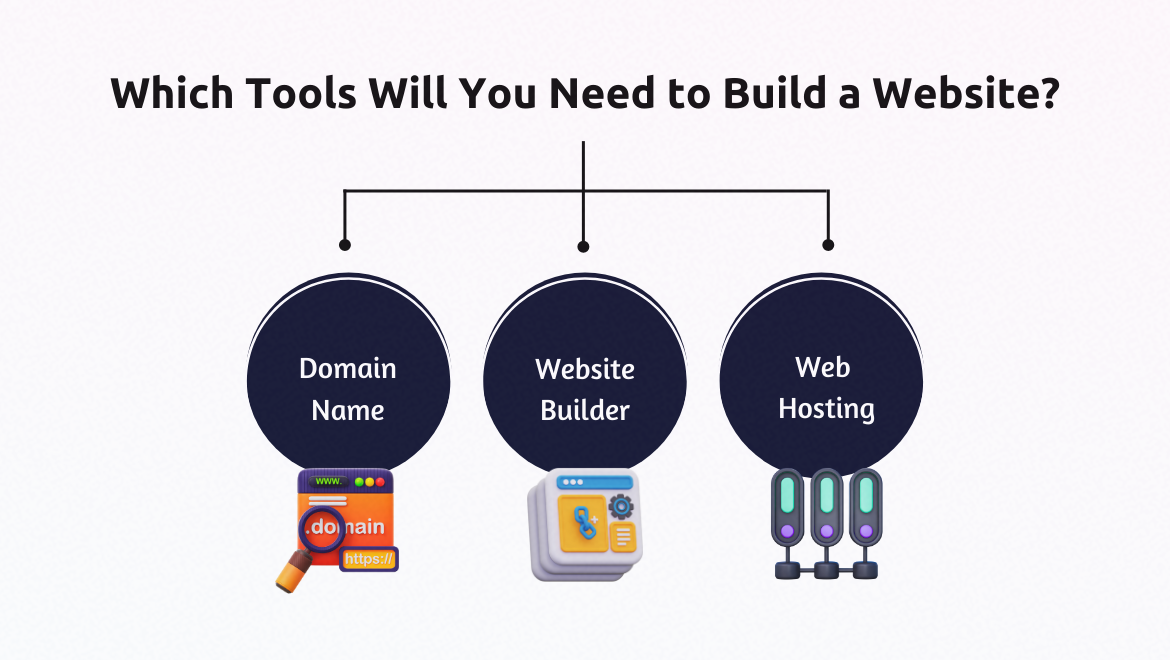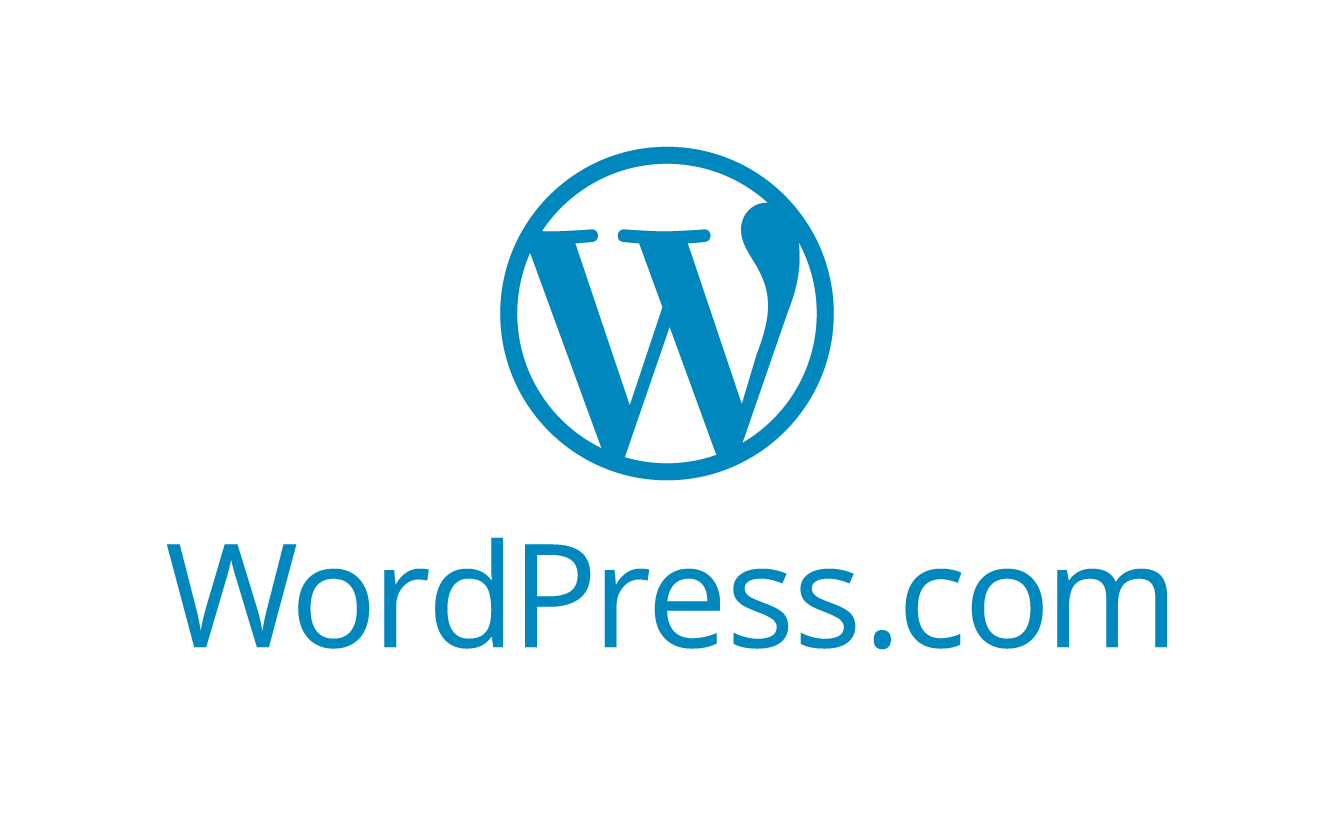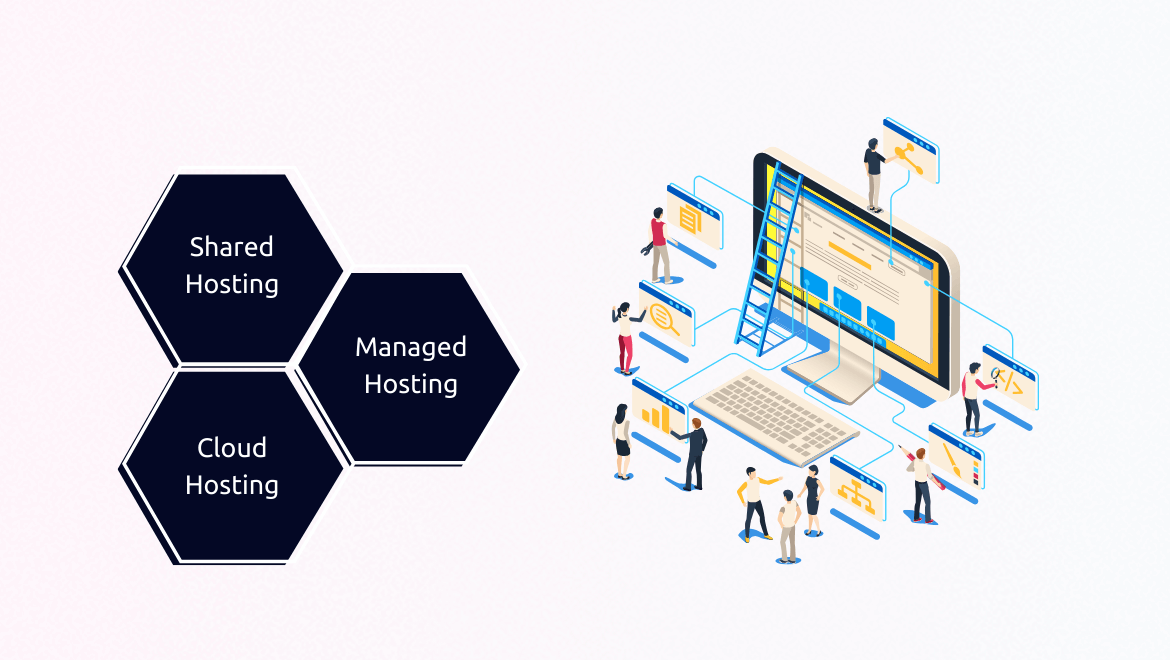Choosing the Right Tools for Website Development: Costs and Hosting Insights
When it comes to website creation, hiring professional web designers and developers is not always necessary, as there are various user-friendly tools available for DIY (do-it-yourself) website building.
However, it is essential to choose the right tools to avoid unnecessary expenses. To assist in calculating the cost of a website, we have compiled a list of tools and their respective prices. Regardless of the type of website you plan to build, there are three essential components you will need:

1. Domain
The cost of a domain name, which serves as the website's address (e.g., www.example.com).
2.Website Builder/Content Management System (CMS)
The cost of using a website builder or CMS platform to create and manage your website's content.
You have various options for website builders, including:

WordPress is an open-source platform that is free to use. It provides flexibility and control over your website. It is highly recommended due to its user-friendly interface, extensive plugin ecosystem, and widespread usage, powering over 40% of websites worldwide. It is suitable for different types of websites, including eCommerce, with the support of plugins like WooCommerce or Easy Digital Downloads.

Shopify is a popular choice for building eCommerce websites. It offers attractive themes (both free and paid), a user-friendly interface for setting up an online store, and convenient store management features.

Web.com is a well-established website builder that has been serving small businesses since 1999. It offers a drag-and-drop builder, making it easy to create a website without coding knowledge. It provides a range of ready-made website templates to help you get started quickly.
3.Hosting
The expense associated with hosting your website on a server to make it accessible on the internet.
Web hosting is a significant factor in the overall cost of building a website. It serves as the storage space for your website content, including images, videos, and files. Think of it as the home for your website.
When a user wants to visit your website, they enter the domain name in their browser, and they are directed to the web hosting server where your website content is stored. Web hosting ensures your website is accessible to users at all times, allowing anyone to access it from anywhere.
There are different types of web hosting services available, including shared hosting, managed hosting, and cloud hosting. Choosing the right type depends on your specific needs and requirements.
By understanding the role of web hosting and considering the various hosting options, you can make an informed decision that aligns with your website goals and budget.

Shared hosting is comparable to renting an apartment in a building, where your website shares a web server with numerous other websites. It is a cost-effective option that simplifies website, domain, and email management.
Shared hosting is well-suited for small businesses, personal blogs, and websites with low traffic. However, it may have drawbacks such as slower loading times and potential website downtime due to server response delays. The security features provided may not be as robust, as a security issue with one website can affect others on the same server.
Managed hosting is akin to having a fully equipped house for your website, complete with a dedicated team to handle all hosting requirements. It provides services such as security, updates, backups, and premium customer support.
Managed hosting offers enhanced power and features compared to shared hosting. It is specifically designed for WordPress websites, ensuring efficient management and maintenance.
However, managed hosting often comes with a higher cost compared to shared hosting. Additionally, certain companies may impose restrictions on using certain plugins that could potentially slow down your website.
Due to its robust capabilities, managed hosting is better suited for medium to large-scale businesses, high-traffic websites, or companies in need of enterprise-level web hosting services.
Cloud hosting is a scalable hosting solution that uses a network of virtual servers to host websites. It offers flexibility, reliability, and scalability by distributing resources across multiple servers. With cloud hosting, you pay for the resources you use, ensuring cost-effectiveness. It provides better security, faster loading times, and is suitable for businesses that require scalability and high-performance capabilities.
Conclusion
In conclusion, building a website doesn't always require hiring professional web designers and developers. With the availability of user-friendly tools and platforms, you can embark on a DIY website creation journey. However, it's crucial to choose the right tools to avoid unnecessary expenses.









